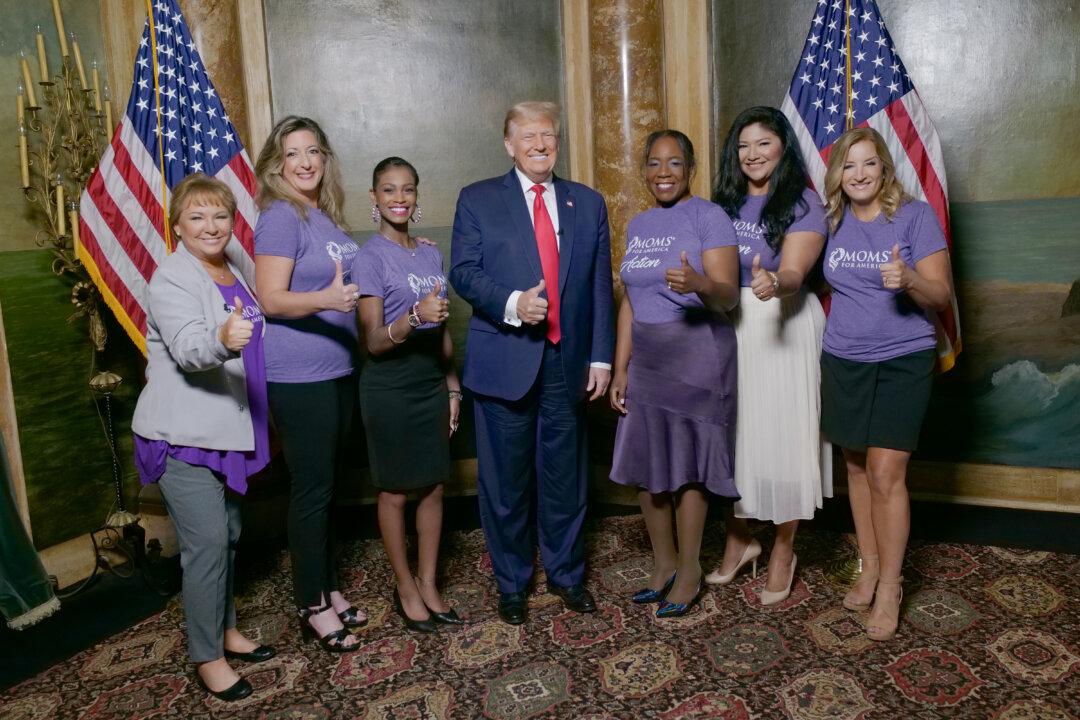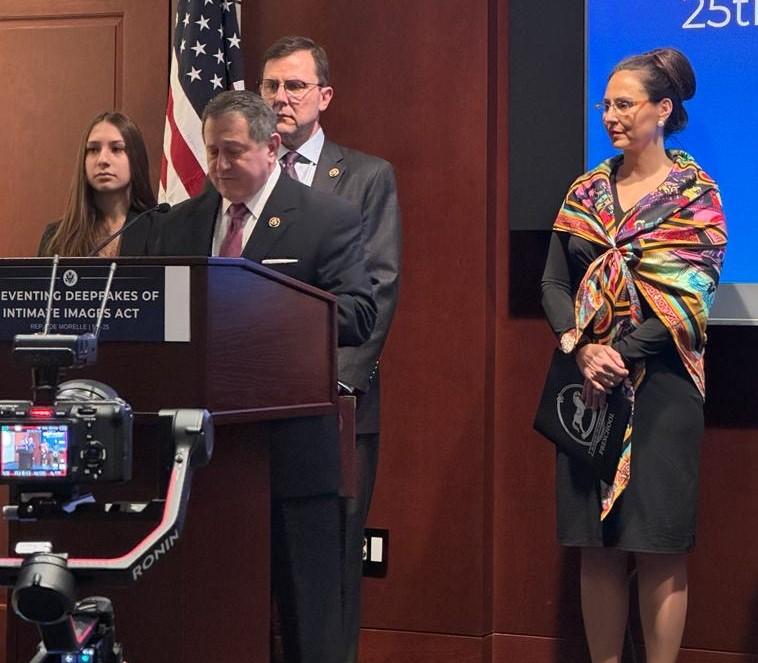The House Select Committee on Strategic Competition between the United States and the Chinese Communist Party (CCP) sent a letter on May 10 to the CEO of the social media video platform TikTok, in which the committee stated concerns about how the CCP can use the platform to spy on Americans and censor and block free expression, and which also requested information and answers.
TikTok, owned by the Chinese company, ByteDance, has 1.8 billion monthly users and is a particular favorite among young people.





